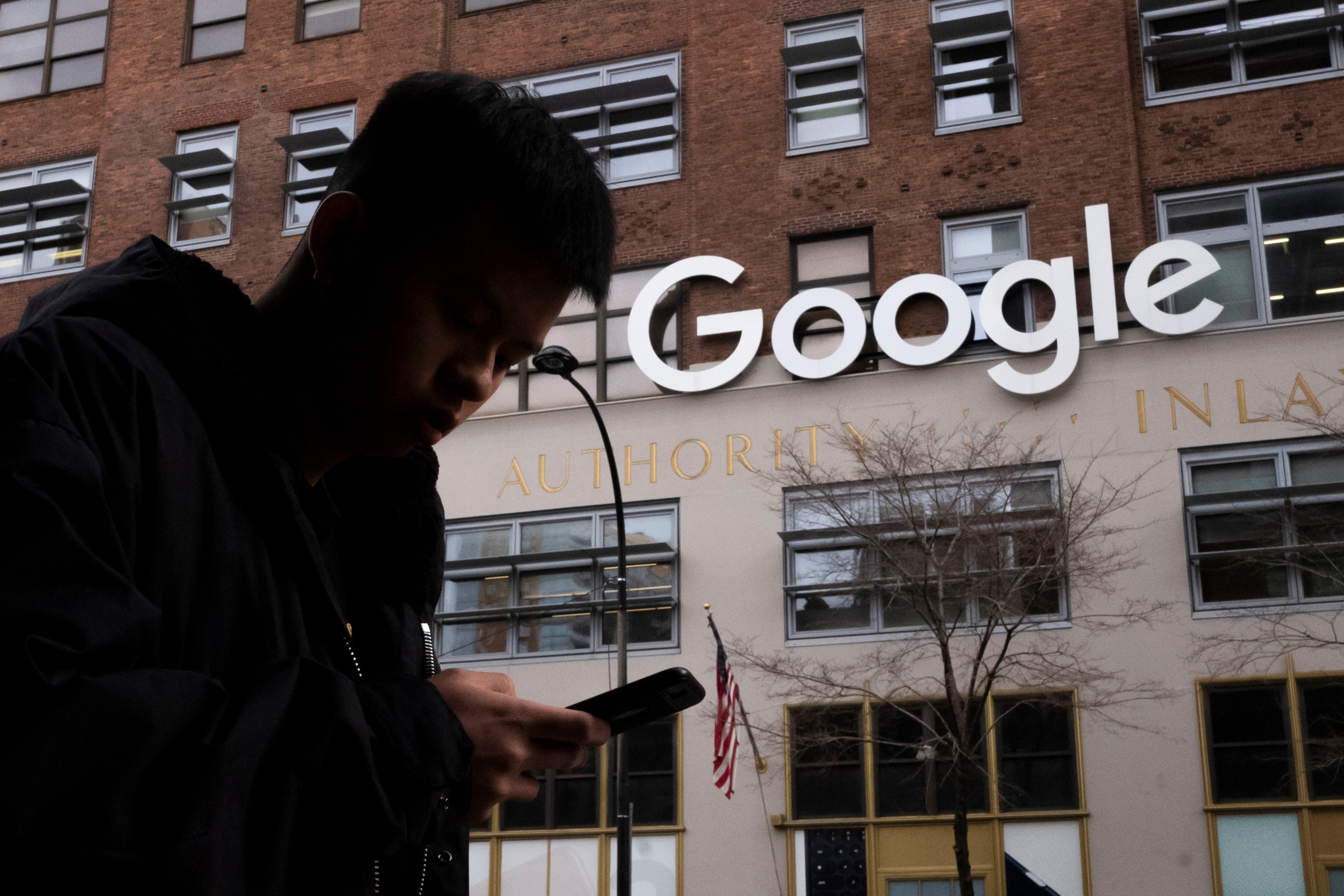Maryland Supreme Court reverses ruling on digital ad tax
Maryland’s highest court has reversed a ruling by a lower court that the state’s first-in-the-nation tax on digital advertising was unconstitutional

Maryland's highest court on Tuesday reversed a ruling by a lower court that the state's first-in-the-nation tax on digital advertising was unconstitutional, saying the court lacked jurisdiction over the case.
In an order, Justice Matthew Fader, the chief justice of the Supreme Court of Maryland, sent the case back to Anne Arundel County Circuit Court with directions to dismiss. He said the plaintiffs failed to exhaust administrative remedies through the state’s tax court — Reasons will be stated in a later opinion. The four-page order does not make any ruling on the constitutionality of the law.
Last year, the circuit court ruled that the tax on digital advertising violates the federal Internet Tax Freedom Act, which prohibits discrimination against electronic commerce. The court also held that the law violates the U.S. Constitution’s prohibition on state interference with interstate commerce.
In a case that is being closely watched by other states that have also weighed a similar tax for online ads, Maryland's comptroller appealed the decision in the case brought by Verizon Media Inc. and Comcast.
Maryland's Supreme Court issued its order after hearing arguments from attorneys in the case on Friday.
Maryland Attorney General Anthony Brown praised the court's ruling, saying the digital ad tax provides critical funding for a sweeping education reform law known as the Blueprint for Maryland’s Future.
“I applaud the Supreme Court for acting quickly because the revenues generated by this tax will help us provide our children the best education possible for success,” Brown said in a statement. “The digital ad tax will support our collective goal of transforming schools across the State. It will help level the playing field so that underserved communities will have access to quality educational opportunities enjoyed by our highest performing schools.”
In arguments Friday, Julia Bernhardt, an assistant attorney general, said the plaintiffs sought to bypass administrative procedures that the state has in place.
“This court has repeatedly held that constitutional claims are to be presented to the tax court. In case, after case, after case, almost every case involving a constitutional challenge to a state tax has come up through that way since the establishment of the tax court,” Bernhardt said.
Jeffrey Friedman, an attorney for the plaintiffs, argued there was a constitutional exception that applied to this case.
“It only applies, as this court has repeatedly described it, in a situation where the entirety of the law is invalid. In this case, it’s invalid because it violates federal law,” he told the court Friday.
Maryland lawmakers overrode then-Gov. Larry Hogan’s veto of the digital ad tax measure to pass the legislation in 2021. The state estimated the tax could raise about $250 million a year to help pay for a sweeping K-12 education measure.
The law taxes revenue that the affected companies make on digital advertisements shown in Maryland.
Attorneys for Big Tech companies like Facebook, Google and Amazon have contended that the law unfairly targets them. It would impose a tax based on global annual gross revenues for companies that make more than $100 million globally.
Bookmark popover
Removed from bookmarks